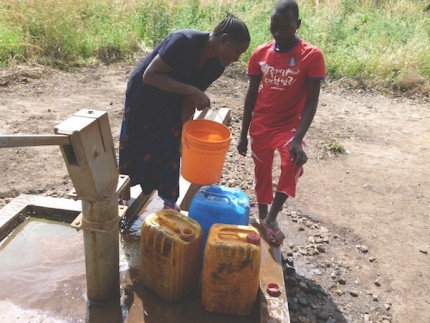
As our team travels from village to village, a common theme we hear is that we are making history. The village leaders say that the problem of disease and lack of clean water are now history in their villages. It is a problem of the past that the villagers are glad to leave behind.
With the deep-capped water well providing easy access to safe water, these villages have a new hope for the future. It is nearly impossible for a community to move forward and develop without water. They are stuck in the cycle of poverty and disease, unable to free themselves. Clean water changes everything. A new story begins in these three villages, one of hope and life.
Kimawe
The farming village of Kimawe in Southern Tanzania is an example of a village changed by safe water.
Surrounded by hills and entering its dry season, the country was in great need of water.
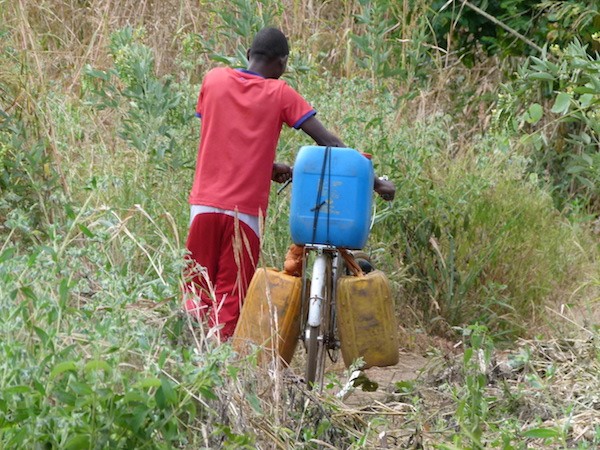
The villagers were travelling upwards of three hours, across the farmland and over hills to find a single bucket of water that isn’t even clean.
In a desperate attempt, the village gathered the young people and tried to dig to find water. They tried many times but did not succeed.
When we came to Kimawe and provided a well in the center of their village, it gave them much more than just clean water; it gave them more time to spend with their families to farm and get an education.
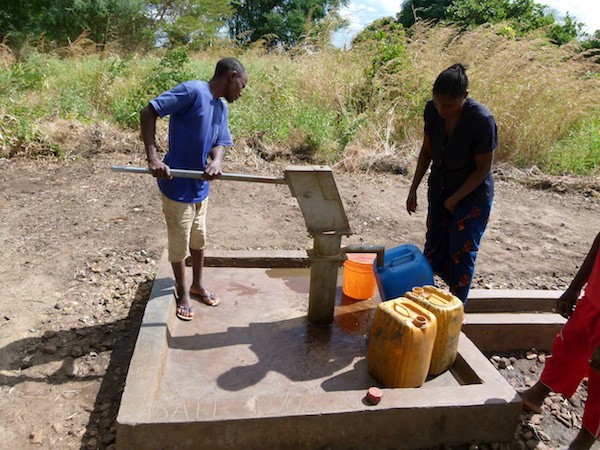
The families of this village benefited greatly from the well because the women are now able to stay home, care for their families and provide meals for their children so they can go to school.
They were amazed that the people in Canada would think of them in Southern Tanzania and were so grateful for this gift.
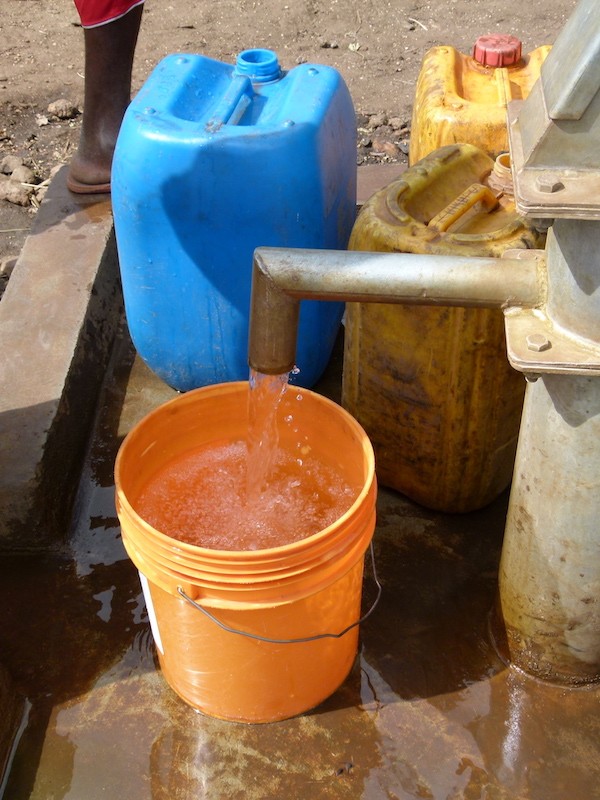
Another way clean water changes lives is by providing the opportunity to introduce villagers to Jesus. When we were in the village of Marambo B, we asked the people standing around the well if they had seen the JESUS Film, shown in partnership with the JESUS Film Church Planting Strategy (JFCPS). We received an enthusiastic response. “Yes, we saw it. It was wonderful, we liked it very much!”
A couple who became followers of Jesus at the film showing came forward and the husband said, “This was a very exciting film and it is something we take to remember in our hearts.”
The wife said that when they saw the film, they decided to become followers of Jesus and now their whole family attends the born again church. They were drawn to Jesus because they loved His words and promises. Before watching the film, they had no idea that God loved them and would help them.
Nandili
Water is also a scarce commodity in the village of Nandili.
Before we provided a well in this village, the people had to travel 18 km to find clean water. Women would spend most of their day travelling to collect water on the back of bicycles.
Now that women are able to stay home and care for their families, the children are able to have a meal and go to school with clean uniforms. They spend less time fetching water and more time studying. The well is next to the primary school where the children can fill their jugs as they walk to class.
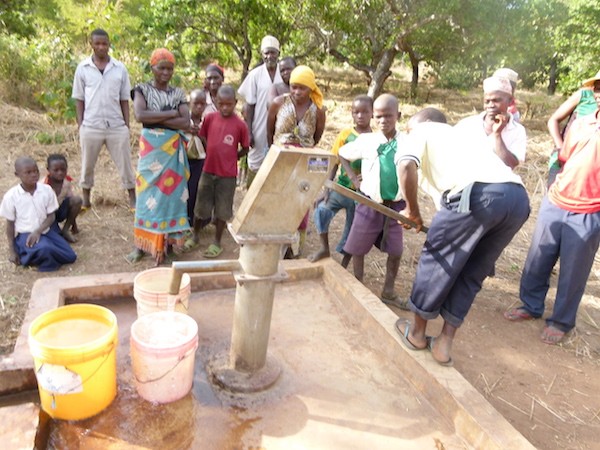
The village also has plans to use the water to make bricks for new school buildings. Most of the classes meet outside, which means they cannot study during the rainy season.
Brick making is a significant source of income in Southern Tanzania because the soil is strong. The process of making bricks involves creating a pit of mud, packing the wet soil into forms to make rectangular shapes and then baking them over a fire. The challenging thing about this task is that it requires a lot of water which is difficult for most villages to collect.
Chilaile
Chilaile in Southern Tanzania is no exception. Water was scarce and almost non-existent in the dry season, but now that we provided a borehole well, this village has been transformed too.
The water point is surrounded by bricks laying out to dry.
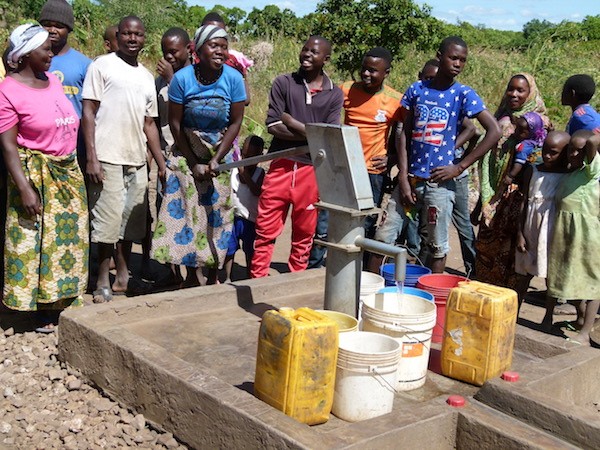
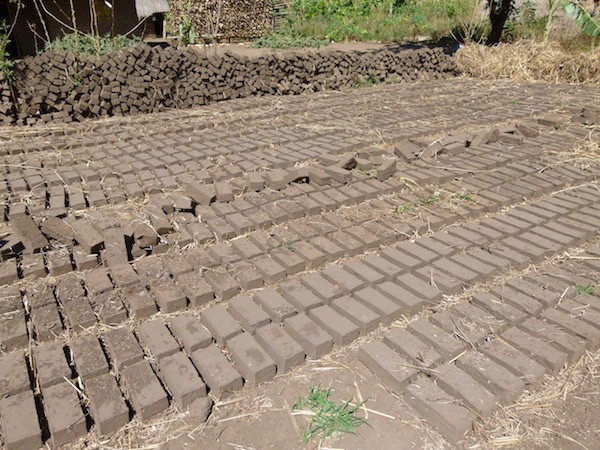
The village is planning on using them to build a new school building. Not only has the well improved the local economy, it has also had a huge impact the health of the village. They used to suffer from a lot of waterborne diseases such as dysentery and cholera, but now that they are drinking safe water, this has greatly decreased.
Kimawe, Nandili and Chilaile are just three examples of how safe water transformed their communities.
But just as these three have received this gift, there are three more still in need of it.

Good job
Good work thanks